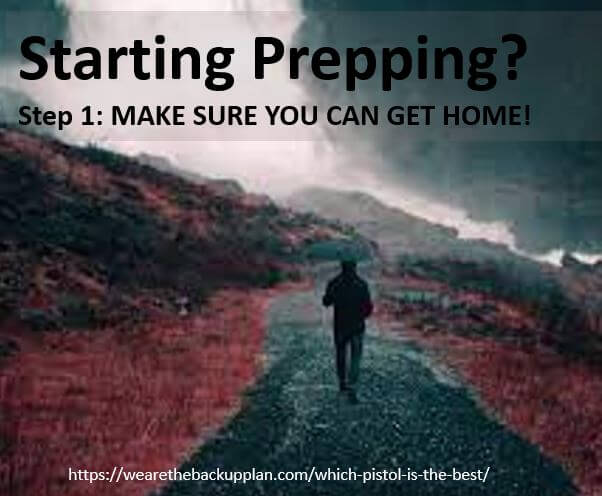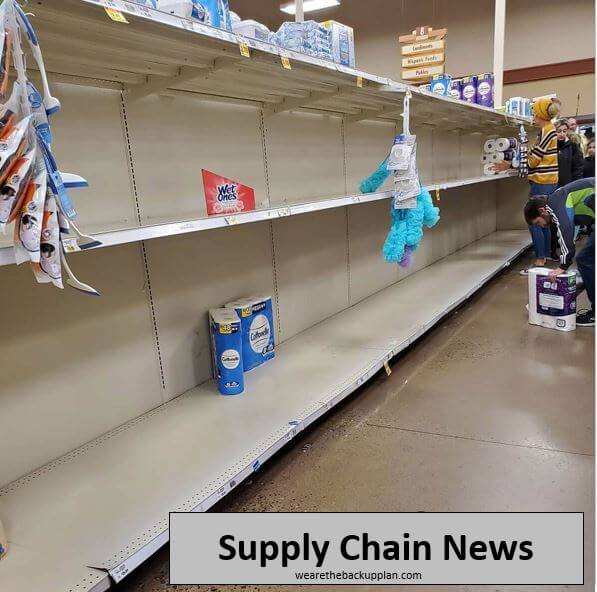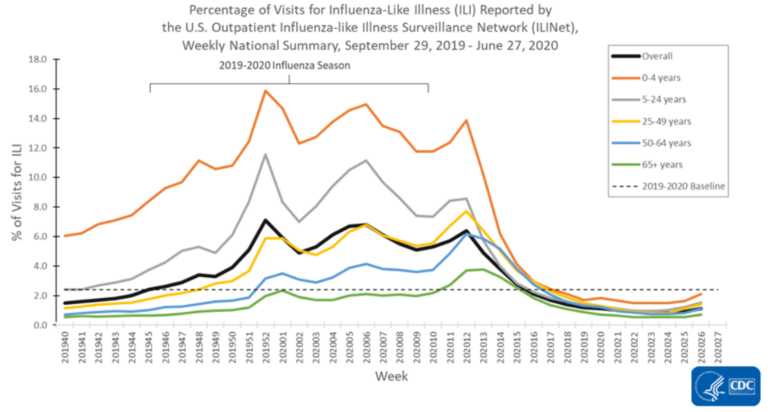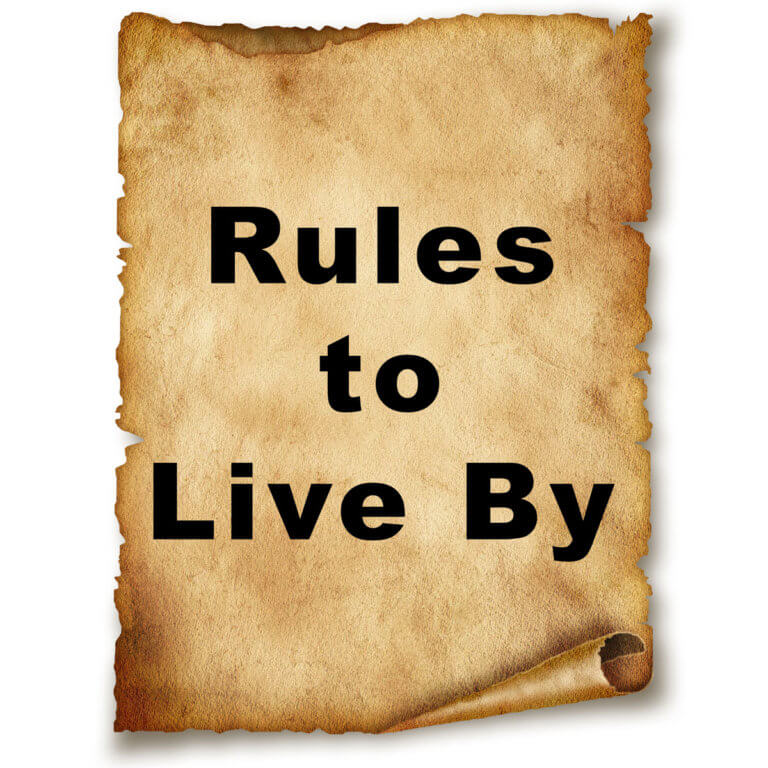Starting Prepping? Step 1: MAKE SURE YOU CAN GET HOME!
People get all caught up in bugging out. First you need to get HOME and that problem is far more likely than bugging out (with exceptions for those in wildfire, hurricane or earthquake prone areas)

GET FIRST AID TRAINING
Before anything else, get first aid training. You are likely to be the first to visit a car accident, be the only one in the room who will respond to a incident.
I was at a meeting with 10+ doctors. The presenter fainted, I responded by default and caught the individual on the way down. Ensured airway and kept the person down when they came too and ensured eye/motor skills (all VERY BASIC STUFF) – all the doctors in the room stood there and did nothing.
I should NOT have been the person doing that, but no one else did. And if it was me, i would want SOMEONE to help. GET TRAINING.
Build a “Get Home Bag”
Especially if you travel more than 1/2 hour per day. Do you have what you would need to walk home? Do you know the route?
Clothes: Put a full set of seasonal walking clothes (shoes, shirt, hat, jacket, gloves etc) in your trunk in a backpack or sack you already have. Prepare to be in the elements. Have a PAPER MAP with routes to your home in your kit. Worst case print out google maps if you cant find a good paper map.
Sanitation: A zip lock with a flattened roll of toilet paper (can be used for the obvious and other uses in a pinch). Great to have in a car REGARDLESS of the situation
Food: Put one dry meal in your trunk. The food should include: at least water, some hard candy, gum, trail mix or trail bars or Coast Guard SOS bars. Pack everything in zip lock bags, and add a thick garbage bag or two in your kit for waterproofing.
Water is critical. Make sure you have a bottle along. Depending on the distance you will walk you will probably want to sawyer filter or lifestraw. Both lightweight and filter so-so water to make it much safer to drink
Where it gets Cold: **For people living in the north. At least two water bottles about ¾ full so if they freeze so there is room for expansion. Also include a small shovel and wool blanket, “coffee can candle”.
Where it gets HOT: **For people living in the south you probably cant carry enough water put a case of water bottles, and if you have to abandon drink a LOT before you leave and carry what you can. Small sunblock container
Other Stuff: Other basic stuff would be a bic lighter, pocket knife and/or multitool. Tiny mylar blankets are useful for a bunch of stuff too, act as a spot to put someone on the ground or cover them, sunshade or rain poncho etc etc. Consider a tough umbrella for south year round and north summer for shade and rain.
Consider a military poncho and woobie if you have to go longer distance – staying dry matters.
Flashlights
Get three good flashlights and leave them in the car with at least 1 spare battery. They should have strobe. You can use the strobe flashlights as poor mans road flares (one facing oncoming one facing rear and one for you to work with). I like the Thrunite T12. Surefire are excellent but too pricey for me and the Nitecore are good too but comparable to the T12.
First Aid
Make sure you have at least a basic first aid kit. And remember FIRST AID TRAINING. The first aid kit needs to work till a 1st responder shows up. Around here it could be 15min to 45min before an ambulance or police officer shows up. Are you prepared to keep yourself or others alive for that much time?
Your kit should have: band-aids, simple large gauze (Israeli bandage), duct tape, scissors (trauma shears) etc etc. Pretty much anyone can use gauze – just press against a wound.
For meds put a small ziplock with aspirin, tylenol whatever in your glove compartment and/or the get home bag (and rotate it annually the meds dont like heat) so use the meds from your bathroom to make a couple tiny bags.
Defense
Concealable Pistol that you KNOW HOW TO USE WELL. Doesn’t matter if it’s a 22LR, 380acp, 9mm or 45acp.
Try walking home
Walk home from work or a frequent destination. Walk with a friend (and bring a cellphone and have someone who could pick you up) – good chance it will be an eye opener. Do it on a nice weather Saturday and start early. Just pack what you think you need. Remember you will likely need to avoid major roads and be prepared.
You can assume 3 to 4 miles per hour, and you will be slower if you are carrying a lot of weight. So weight matters.
Count the number of people you see/interact with. Then consider if every one of them were hostile remember “be polite, be professional, but have a plan to kill everybody you meet”.
Take notes while you go on notepad or on cellphone. You will likely change your plans and loadout based on that walk.
Related Info
- More detailed Get Home Bag vs Bug Out Bag info https://commonsensehome.com/bug-out-bag/
- Lightweight Get Home Bag https://optiongray.com/lightweight-get-home-bag-what-to-pack/




